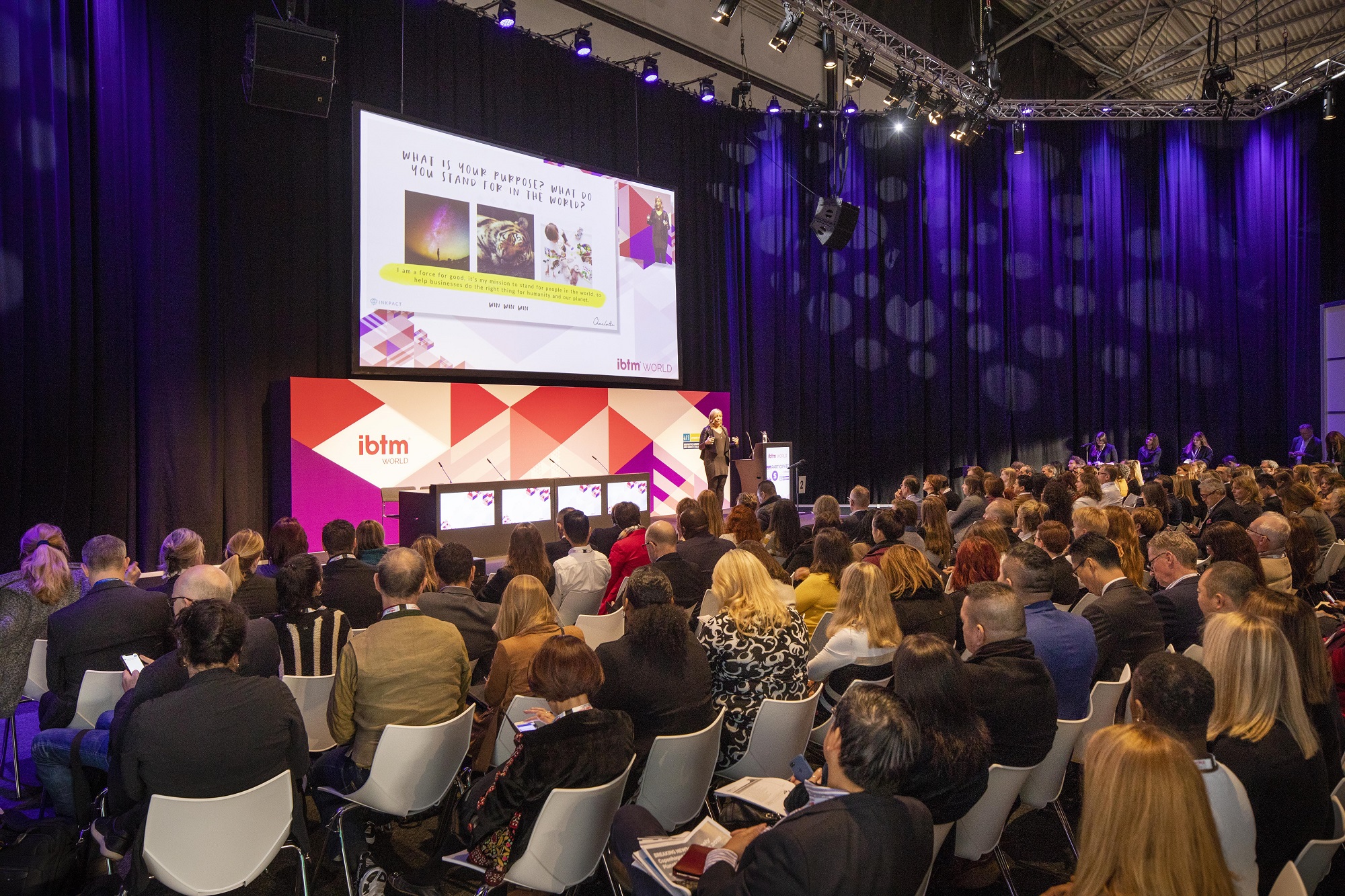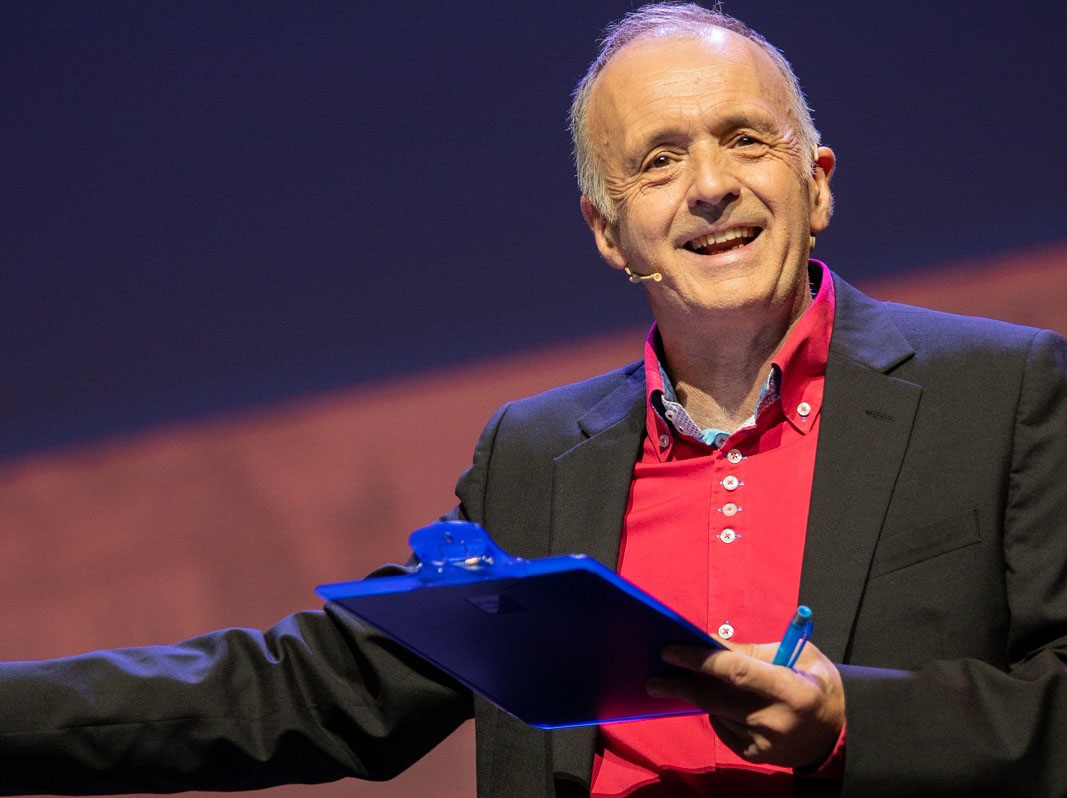 I am an event manager. I’ve been doing it all my life both as a client and as a service provider. Over the past 15 years, I must have organised or managed at least 1,000 seminars and conferences. After analysing tens of thousands of post-event evaluation forms, I am beginning to understand the reason people come to conferences.
I am an event manager. I’ve been doing it all my life both as a client and as a service provider. Over the past 15 years, I must have organised or managed at least 1,000 seminars and conferences. After analysing tens of thousands of post-event evaluation forms, I am beginning to understand the reason people come to conferences.
From these responses, I have come to this conclusion: for most people, attending a conference isn’t a high priority. Conferences rank low even for those who have a keen interest in the subject matter. To many, an appointment with the dentist or hairdresser is more important than signing up to a knowledge-sharing workshop.
It is up to the organisers to find out what attendees want, and deliver accordingly.
So, what do they want? There are roughly four reasons attendees to conferences:
1. Mandatory training
Staff from large organisations with a sizeable training budget will attend conferences in order to meet company requirements. Admission fees are generally not a concern, but they are the ones who are likely to complain about the location of the venue, the quality of F&B and the logistical arrangements.
2. Networking
Business development executives from service providers will attend in the hope of meeting prospective clients or to renew old contacts. Because the conference’s content isn’t the main reason for attending, participants rarely leave comments on questionnaires, but they are most active during the registration, coffee break, lunch and cocktail reception.
3. Content
Most organisers spend a lot of time trying to find topics that their attendees will be interested in. These are the genuine target audience who are more likely to leave constructive comments on the questionnaires. It’s not hard to find out what they want, but they do expect organisers to take their comments seriously.
4. Speakers
Speakers are part of the audience too. They have certain expectations towards the conferences they attend. These are normally the leaders of major corporations, senior government officials and industry experts. They are the “main attraction”. If the organiser can put together a meaningful programme so that most speakers would want stay for the rest of the conference, then those who belong to groups 1-3 of the above are also more likely to stick around. Some organisers arrange post-event cocktails, others plan for a high-profile speaker to present the closing keynote, and in the old days, CPD certificates were distributed at the end of the conference to make sure there were enough warm bodies in the room!
At the end of the day, event managers are dealing with the “who” of the 5Ws (who, what, when, where, why) of event management. Although it is time-consuming and expensive to find out “who” their attendees are and what they want, organisers need to invest in this market intelligence. Otherwise, it is very difficult to put together a proposal that meets the expectations of a variety of conference goers.
Roy Ying is a a professional conference organiser who has held senior positions in associations, chambers and listed companies



